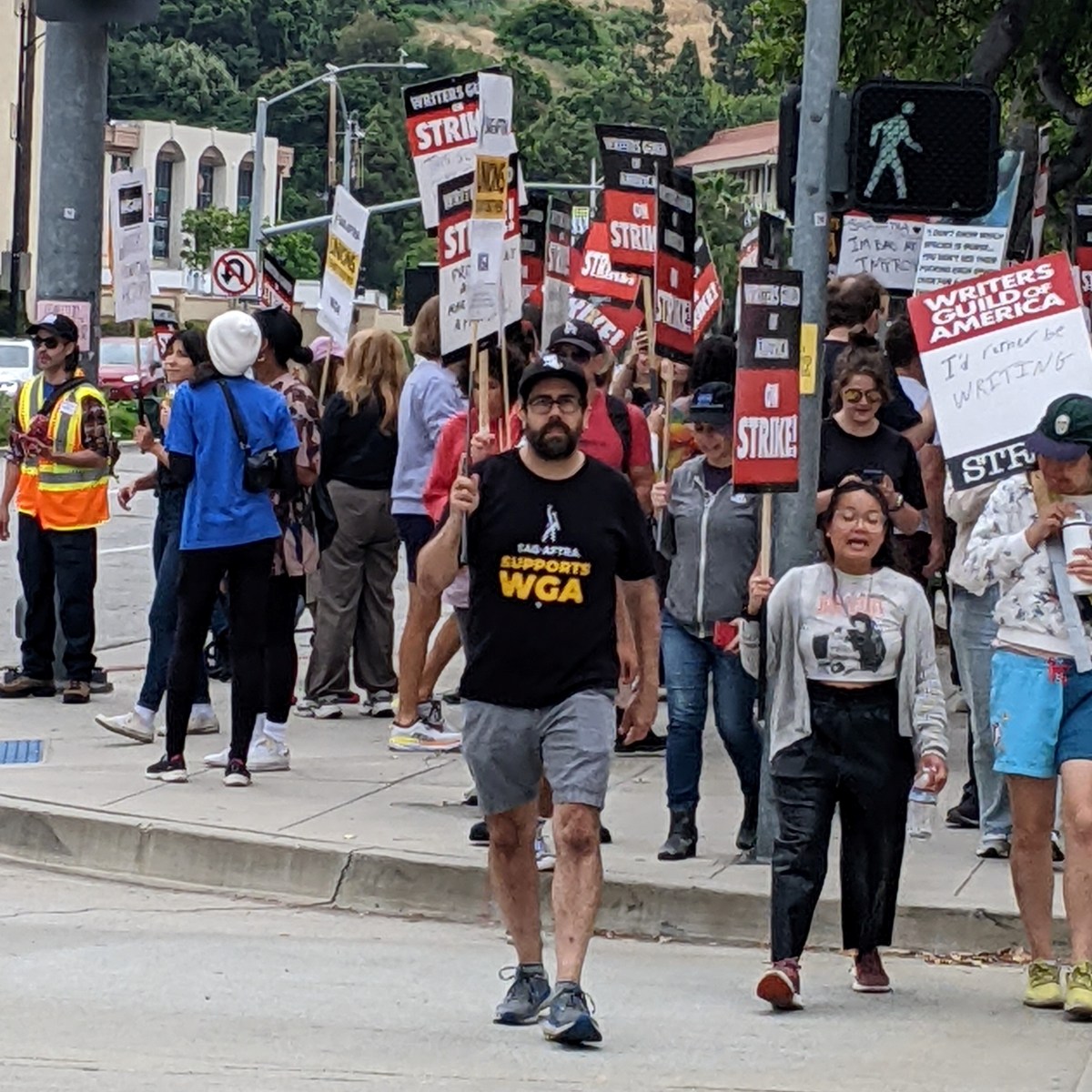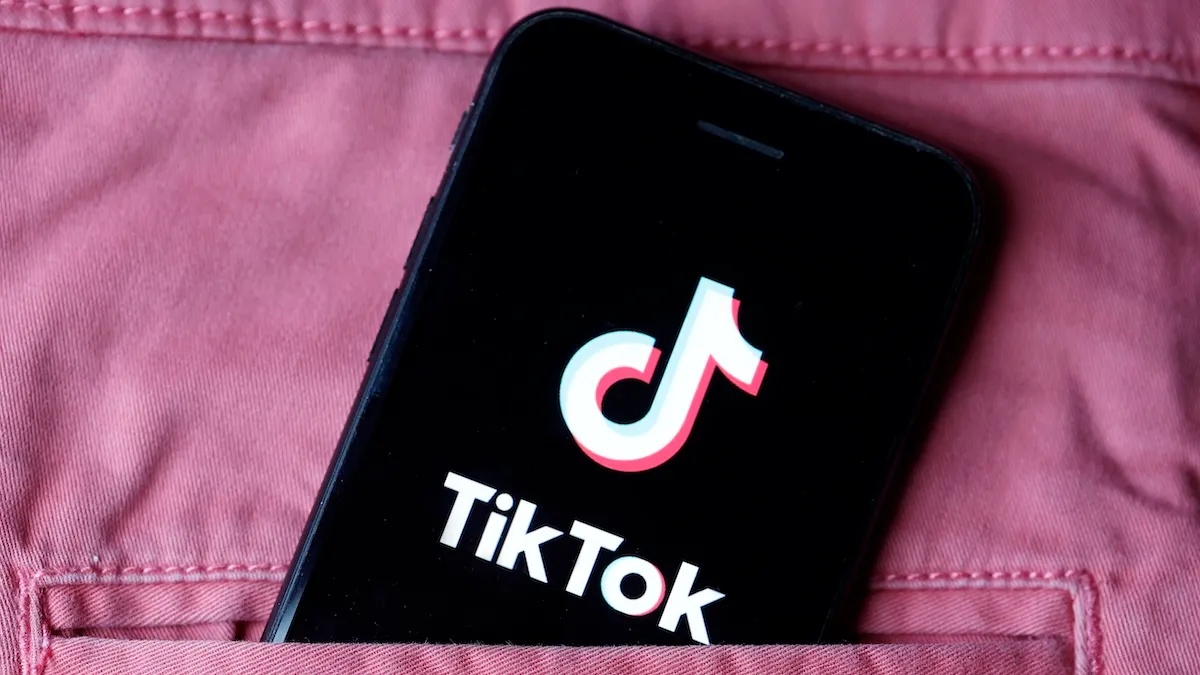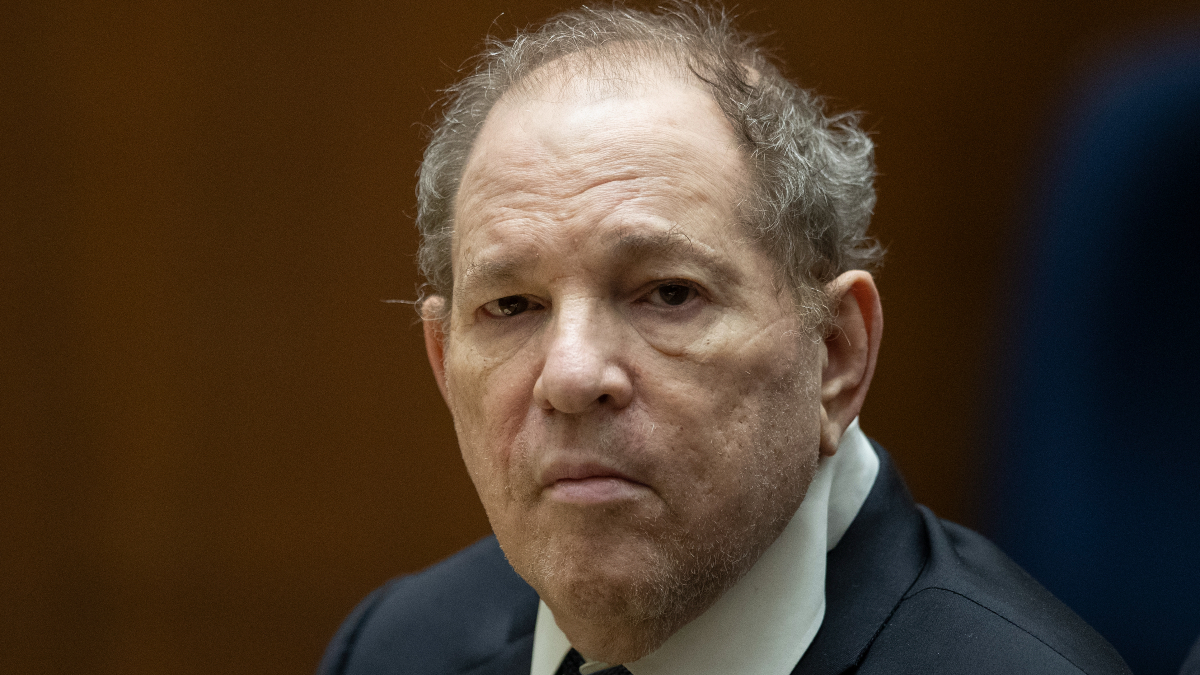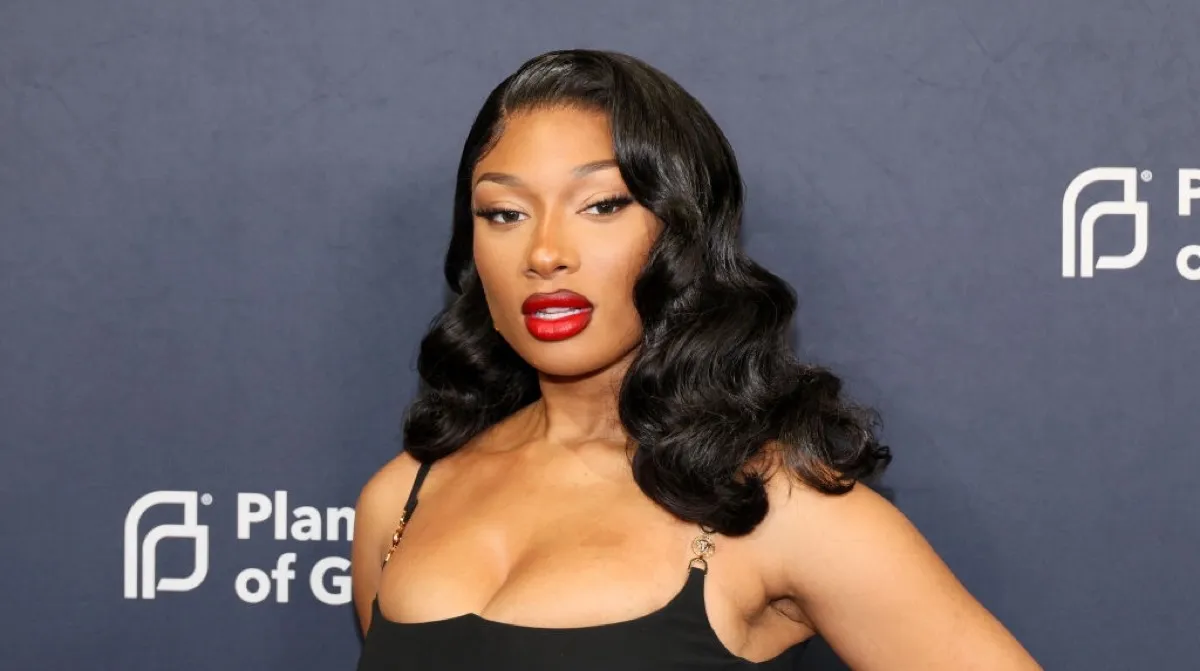Despite SAG-AFTRA extending their negotiations with the AMPTP in good faith, and the AMPTP rewarding that good faith by pursuing federal mediation rather than actually addressing the union’s concerns, a deal has not been reached, and SAG-AFTRA’s contract has expired. The actor union’s National Board met this morning and unanimously voted in favor of a strike order against the AMPTP, and SAG-AFTRA hosted a press conference today to make the official announcement.
SAG-AFTRA president Fran Drescher, calling the AMPTP a “greedy entity,” was emotional as she spoke about the necessity for a strike, comparing the incremental changes in their contract up until now to “moving chairs around on the Titanic.” While the entertainment industry has been fundamentally changed because of streaming, the AMPTP expects those who bring Hollywood’s stories to life to work under contracts that no longer apply to the new business model.
How a “greedy entity” got Hollywood to this point
Despite the deal that the AMPTP reached with the Directors Guild of America, it’s unsurprising that the negotiations between Hollywood studios and SAG-AFTRA, like those with the WGA, have fallen apart. Two major sticking points affect both actors and writers more than they do directors: residuals (how actors and writers are paid for the continued success of their work once their shows/films are released) and studio/corporate use of AI in creating content.
Drescher also expressed anger and shock about how the member companies of the AMPTP, companies with which she and her fellow actors have done business before, were digging into their refusals, and that’s the rub. The issues go beyond specific elements like pay or AI. At the heart of this strike is a lack of respect for labor in favor of unabashed corporate greed.
The AMPTP has been holding firm to its narrative that the WGA, and now SAG-AFTRA, is asking for an “unreasonable” amount of money (despite Hollywood having already lost more money than is being asked of them), and they refuse to even address AI in a substantive way.
While the WGA has asked the AMPTP to “[r]egulate use of artificial intelligence on MBA-covered projects: AI can’t write or rewrite literary material; can’t be used as source material; and MBA-covered material can’t be used to train AI,” the AMPTP “[r]ejected our proposal. Countered by offering annual meetings to discuss advancements in technology.” Clearly, AMPTP member companies don’t want to be locked into anything resembling regulation, because they want to maintain their power over workers. So they propose “talking about it” annually.
A horrific story ran in Deadline Hollywood earlier this week where executives from AMPTP companies (anonymously, of course) were quoted as saying that their actual plan is to let the strike go on until the fall, because that’s when they expect that writers will run out of money:
“The endgame is to allow things to drag on until union members start losing their apartments and losing their houses,” a studio executive told Deadline. Acknowledging the cold-as-ice approach, several other sources reiterated the statement. One insider called it “a cruel but necessary evil.”
The studios and streamers’ next think financially strapped writers would go to WGA leadership and demand they restart talks before what could be a very cold Christmas. In that context, the studios and streamers feel they would be in a position to dictate most of the terms of any possible deal.
They are shamelessly out here being actual, mustache-twirling villains rather than paying their workers enough to sustain themselves—whether they really are willing to let the strike go on that long or they’re just trying to scare striking workers into a bad deal by saying so.
Meanwhile, Disney CEO Bob Iger made his feelings about the strikes crystal clear in an interview on CNBC:
“It’s very disturbing to me. We’ve talked about disruptive forces on this business and all the challenges we’re facing, the recovery from COVID, which is ongoing. It’s not completely back. This is the worst time in the world to add to that disruption. I understand any labor organization’s desire to work on behalf of its members to get the most compensation and be compensated fairly based on the value that they deliver. We managed, as an industry, to negotiate a very good deal with the Directors Guild that reflects the value that the directors contribute to this great business. We wanted to do the same thing with the writers, and we’d like to do the same thing with the actors. There’s a level of expectation that they have, that is just not realistic. And they are adding to the set of the challenges that this business is already facing that is, quite frankly, very disruptive.”
Of course, he at no point defined what was “unrealistic,” or what Disney’s version of “realistic” would be. Probably because its version of “realistic” involves wage slavery, which the company was already known for long before these strikes—so much so that a Disney family member, Abigail Disney, has been outspoken about the company’s poor labor practices and produced a documentary last year called The American Dream and Other Fairy Tales, which goes into how Disney employees often have to live in their cars and use food stamps despite being fully employed.
Basically, established Hollywood companies who already knew how to produce TV and film made the mistake of trying to “compete with Netflix” by doing what they do. Now that they realize that the way Netflix does business isn’t sustainable long-term, they’re trying to make that their workers’ problem rather than taking the “L” and giving their workers what they need.
Meanwhile, studios are basically “reinventing” what TV and cable already used to be by adding “ad tiers” to streaming subscriptions. Hey, remember when there were a bunch of different “channels” and you had to watch stuff that was “interrupted by ads,” because ads paid for things like actors, writers, and directors? You know, how TV worked from its inception?
It’s not workers’ fault that companies aren’t profiting as much as they would like in the age of streaming, and the onus shouldn’t be on workers to be the source of a solution.
What will SAG-AFTRA do now?
SAG-AFTRA has been preparing for this strike for the past couple of weeks and will be releasing their strike rules for members later today. They will be out on their own picket lines starting tomorrow, though they’ve gotten plenty of practice marching in solidarity with the WGA, now ending its eleventh week of striking.
In the SAG-AFTRA press conference, SAG’s chief negotiator Duncan Crabtree-Ireland addressed the statement released by the AMPTP today about the SAG-AFTRA strike claiming that, among other things, they offered actors a “groundbreaking” solution regarding AI. He said:
“In this ‘groundbreaking’ AI proposal they proposed that our background performers should be able to be scanned, get paid for one day’s pay, and their company should own that scan, their image, their likeness, and should be able to use it for the rest of eternity for any project they want with no consent and no compensation. So, if you think that’s a ‘groundbreaking proposal,’ I suggest you think again.”
Both Crabtree-Ireland and Drescher were resolute in the union’s decision to strike, and judging by the membership’s overwhelming support in authorizing a strike, SAG-AFTRA is in it for the long haul. They and the WGA now stand in solidarity, and will effectively shut down all production in Hollywood until a fair deal is reached.
The AMPTP severely underestimates the pro-labor movement moment we’re currently living in, as well as the desperation and anger actors and writers already feel because of the way they’ve been treated in the entertainment industry. They will learn.
(featured image: Teresa Jusino)








